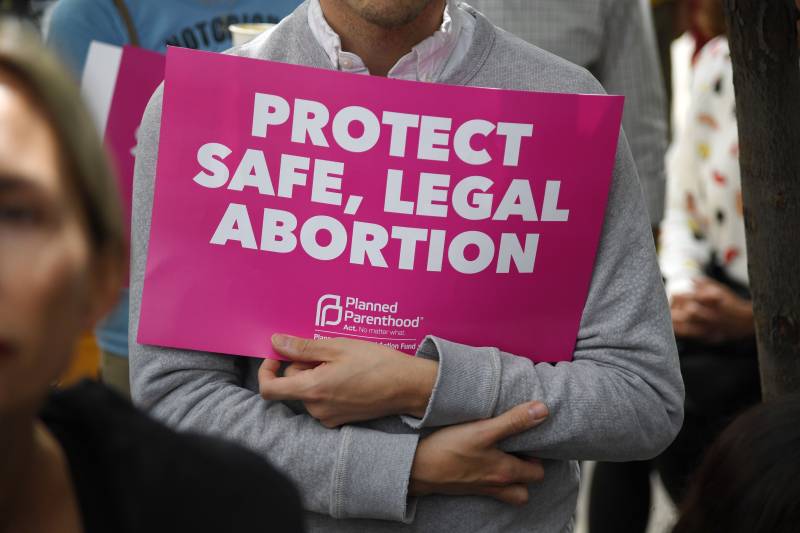If people can’t access abortion services in their own states, California should help fund their travel here to get the services they need.
That’s according to a report released Wednesday by a council convened by Gov. Gavin Newsom, which issued 45 recommendations for expanding abortion access both for California residents and those living elsewhere.
With more than two dozen states poised to ban abortion next year if the U.S. Supreme Court overturns Roe v. Wade, California clinics and their allies in the state Legislature are pushing to make the state a “sanctuary” for people seeking reproductive care, including possibly paying for travel, lodging and procedures for out-of-state patients.
Earlier this month, the court heard oral arguments in a case questioning whether a Mississippi state ban on abortions after 15 weeks of pregnancy is constitutional. The court appears likely to rule in favor of Mississippi, effectively overturning Roe, which allows for abortion procedures up until a fetus is deemed viable — usually around 24 weeks.
Recognizing there could soon be an estimated 3,000% increase in people from out of state traveling to California for abortions — from about 46,000 now to an anticipated 1.4 million, according to one analysis — the report also recommends steeply increasing funding for abortion clinics across the state.

